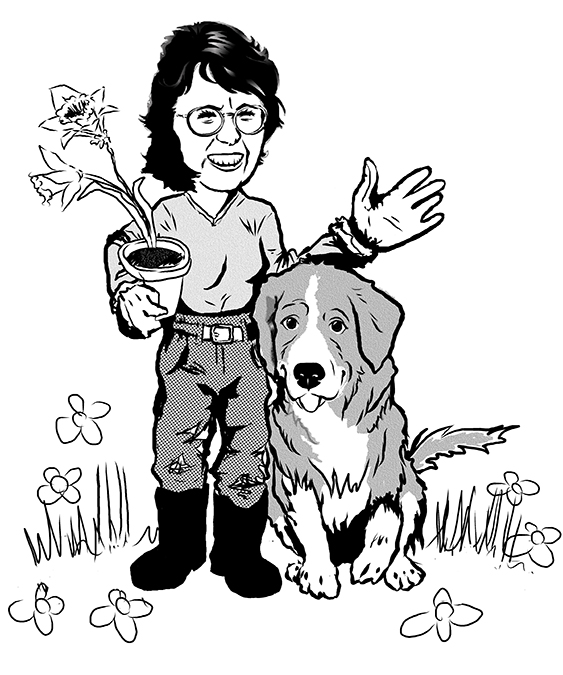by Leslie Cox; Tuesday, November 4, 2014
 Food is still front and centre in my mind…even with the onslaught of all the rain we have been getting lately, the shorter hours and cooler temperatures. A recent foray into the garden to harvest some carrots and beets sent my thoughts towards World Food Day which was celebrated last month…October 16. A special day set aside to think about, and celebrate, food.
Food is still front and centre in my mind…even with the onslaught of all the rain we have been getting lately, the shorter hours and cooler temperatures. A recent foray into the garden to harvest some carrots and beets sent my thoughts towards World Food Day which was celebrated last month…October 16. A special day set aside to think about, and celebrate, food.
This date was first dedicated in 1945 by the United Nation’s Food and Agriculture Organization to raise awareness of hunger and poverty throughout the world. Every year a different theme is chosen to promote a common focus towards an area requiring attention.
The theme for 2014 is: “Family Farming: Feeding the world, caring for the earth”. Love this! This is what growing food is all about!
 Other themes from the past have highlighted small farmers, rural youth, trees for life, water for life, food for all, the right to food, united against hunger, biodiversity for food security. You get the idea.
Other themes from the past have highlighted small farmers, rural youth, trees for life, water for life, food for all, the right to food, united against hunger, biodiversity for food security. You get the idea.
It is all about food, food for all, food issues…and it is world-wide. Good we are encouraged to think about food with a global population of over seven billion and still counting. That is a lot of mouths to feed. And so many are not being fed adequately. Can it even be done?
First off, does everyone understand what a sustainable food system really is?
It refers to a food system that will continue to be diverse and productive over a long period of time. Decades…even centuries with care.
But that will only happen if we protect our food security. And who better to do that than each and every one of us.
I mean that.
We have to embrace the issues surrounding our food supply between where and how it is grown and how it winds up on everyone’s plates.
I do not think we can hope to have sustainable food systems in every single country without factoring in the security of food at its highest nutritional level.
One thing I do know. There are many movements afoot that are making inroads in addressing these very issues globally. The Slow Food movement, the organic certification program, Seedy Saturdays (and Sundays), seed banks, local farmers markets, community gardens, and more.
There are also groups lobbying governments to step up and help in such things as supporting small farmers and protecting food consumers through proper labelling. Admittedly, not many battles are being won in that department but losses are proving not to be total defeat. If at first you do not succeed, try again.
Especially if it involves something as important as food. We all need it.
Here in North America we are so lucky to have bountiful harvests. Is there anything you can do to make a difference in those countries less fortunate? Please think about it and prepare for the next World Food Day on October 16, 2015.
